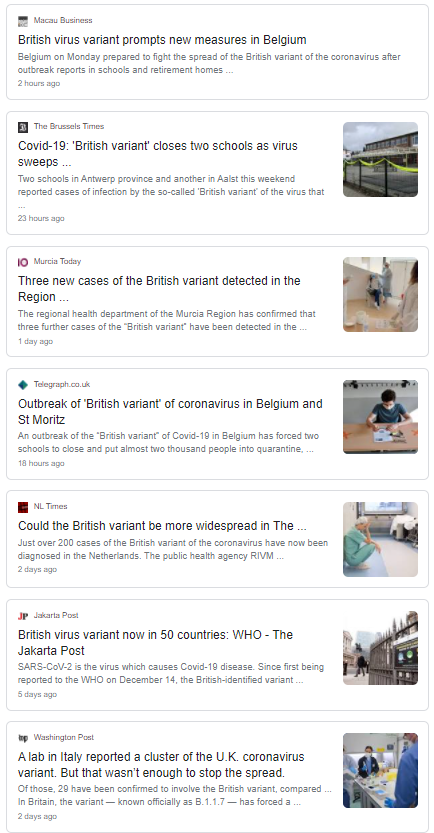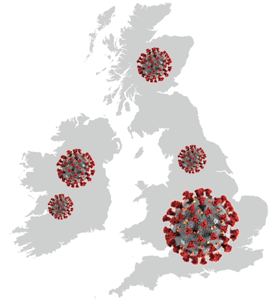Everyone called it the Wuhan virus because that’s where we saw it start.
Saying “Wuhan virus” was just shorthand for saying, “that virus that’s spreading like crazy in that city called Wuhan.”
That’s what we thought. It’s what we told ourselves. We didn’t know any better.
Fortunately there were people who did. People with eyes trained to discern the delicate threads of hate stitched into the fabric of otherwise innocuous language.
They knew it was inaccurate and xenophobic.
They knew we really shouldn’t call it the Wuhan virus.
They knew we were stigmatizing people with our negative attitudes:
“When talking about #COVID19, certain words & language may have a negative meaning for people and fuel stigmatizing attitudes.”
Thankfully we learned, most of us—the ones who weren’t overflowing with xenophobic hate to begin with—we learned quickly and changed our language appropriately.
That shameful episode ought to have been enough to drive the lesson home, but apparently it wasn’t:

Denmark is no better; here’s a TV2 headline from just yesterday: “Stigende antal smittede med britisk mutation og 30 døde det seneste døgn.” (English: Rising count infected with British mutation and 30 dead in the last 24 hours.)
We are such fallen creatures—such broken, twisted, hopeless creatures!
The “British variant?” The “U.K. coronavirus?” The “britisk mutation?”
How quickly we forget!
Call it B.1.1.7 or you’re a racist. You’re stigmatizing people. You’re endangering them with your ugly xenophobia.
I’m sure all the top people are too busy doing top things to take time out to tell us something so obvious, otherwise they’d all be over it.
Or maybe they’ve just given up on us. Could you blame them?
We shouldn’t have to wait to be told. If we learned anything in 2020, it’s that we’re disappointing our betters.
Here’s a chance to win back their trust.
Let’s not blow it.
